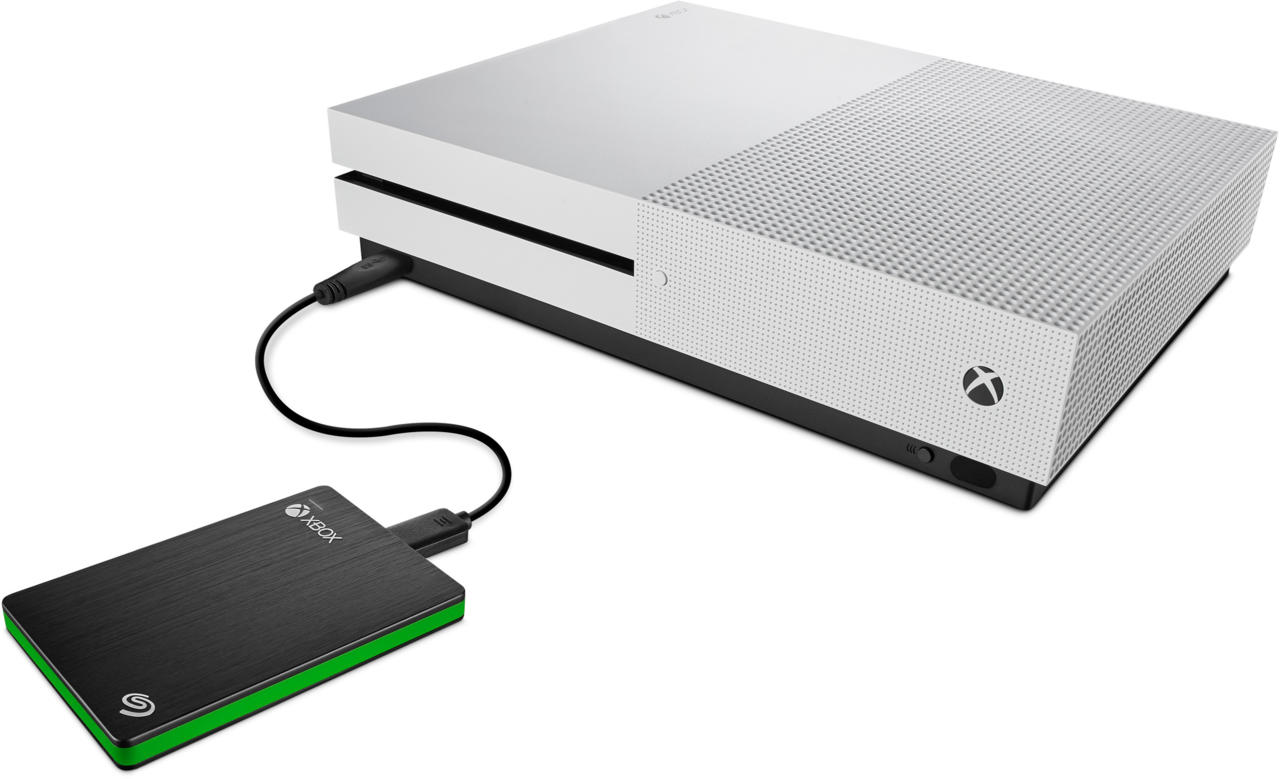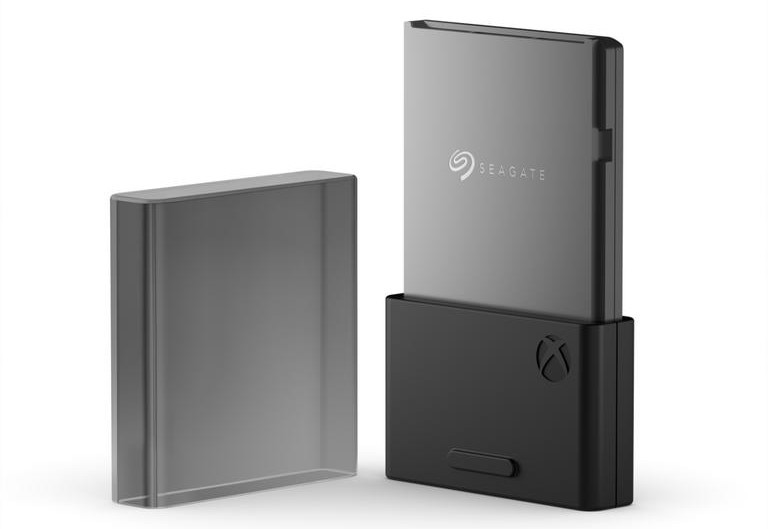Xbox Series X And Xbox Series S SSD Storage Explained
Here's what you need to know about the storage options and capacity of the Xbox Series X and Series S.
The Xbox Series X and Xbox Series S are both capable of loading game worlds almost instantly, delivering seamless gameplay that won't leave you waiting for minutes on a loading screen as an area is generated. This feature represents a sea change from the previous generation, and many generations prior, in which gamers have grown accustomed to long loading screens, cycling tooltips, and loads hidden behind elevator rides and tight crevasses.
That advantage compared to Xbox One is largely because of the new Xbox storage device, which is a custom NVMe SSD rather than the hard drives used previously. Below, we break down how it works.
How does Xbox storage work on the new systems?
Regardless of whether you get the Xbox Series X or Xbox Series S, your console comes with a custom Non-Volatile Memory Host Express solid-state drive: NVMe SSD for short. It's small, loads incredibly quickly (as we found in our Xbox Series X hands-on), and because it's an SDD rather than a hard drive, there aren't moving parts. It also helps to facilitate the system's impressive Quick Resume feature.
Games install to this drive much like they do on current-generation consoles, and because even the fastest disc drives aren't up to the challenge, you must fully install games onto the drives to play them on Xbox Series X and Xbox Series S. For the X model, you get 1TB of internal storage, while the S has 512GB.
But the storage you start with isn’t necessarily all you have to use. Both consoles feature an expansion slot. Starting with a proprietary 1TB expansion card from Seagate, Microsoft is offering players the chance to upgrade their storage space. All you have to do is plug it into the back of your system to add on another 1TB of space, and it supports both Xbox Series X and Xbox Series S. New sizes and manufacturers could come in the future, and the first card costs $220.
Do Xbox Series X and S support external hard drives?

Both consoles do support hard drives for some content, provided they use USB 3.1, and you can actually plug your current compatible drive into the new console and instantly begin playing any games you had installed. The drive can store and play any Xbox One, Xbox 360, and original Xbox game that supports backward compatibility, and it can also store your Xbox Series X and S games. It's a cheaper alternative to the new proprietary cards.
However, hard drives aren't fast enough to actually run the Xbox Series X and S games, so you will need to migrate them to your internal storage or the official expansion card before they can be played. If you have the expansion card installed, Xbox Series X/S games on the card can be played without needing to move them to the system's internal storage. The expansion card is designed to run these games with no performance differences compared to the internal drive.
Why is the expansion card so expensive?

Yes, this is a bit of a hard pill to swallow. The expansion card costs nearly as much as the Xbox Series S.
While you'd have to ask Microsoft or Seagate for an exact breakdown of the costs, NVMe SSD technology is still fairly new and allows for much better performance compared to older flash and hard drive technology. There aren't any other options on the market for an external expansion card for Xbox Series X and S yet, and that could cause prices to fall a bit. However, current drives for PC that are in the same general performance range, or even slightly worse, are not much cheaper.
You will likely find similar issues with pricing on the PS5, as well, as it's making use of very similar technology as Xbox. In that case, the PS5's internal storage is 825GB, meaning it's actually less than the current PS4 Pro and a little less than Xbox Series X. Game file sizes are getting larger, especially as they add post-launch content, and with some of a console's storage space allocated for system-level files, you will have even less space to work with. It's something important to consider when picking up a less-expensive console like the Xbox Series S. With only room for a few next-gen games, you could need to make up that price difference with an expansion card very quickly.
Xbox Series X And Xbox One News
Got a news tip or want to contact us directly? Email news@gamespot.com
Join the conversation